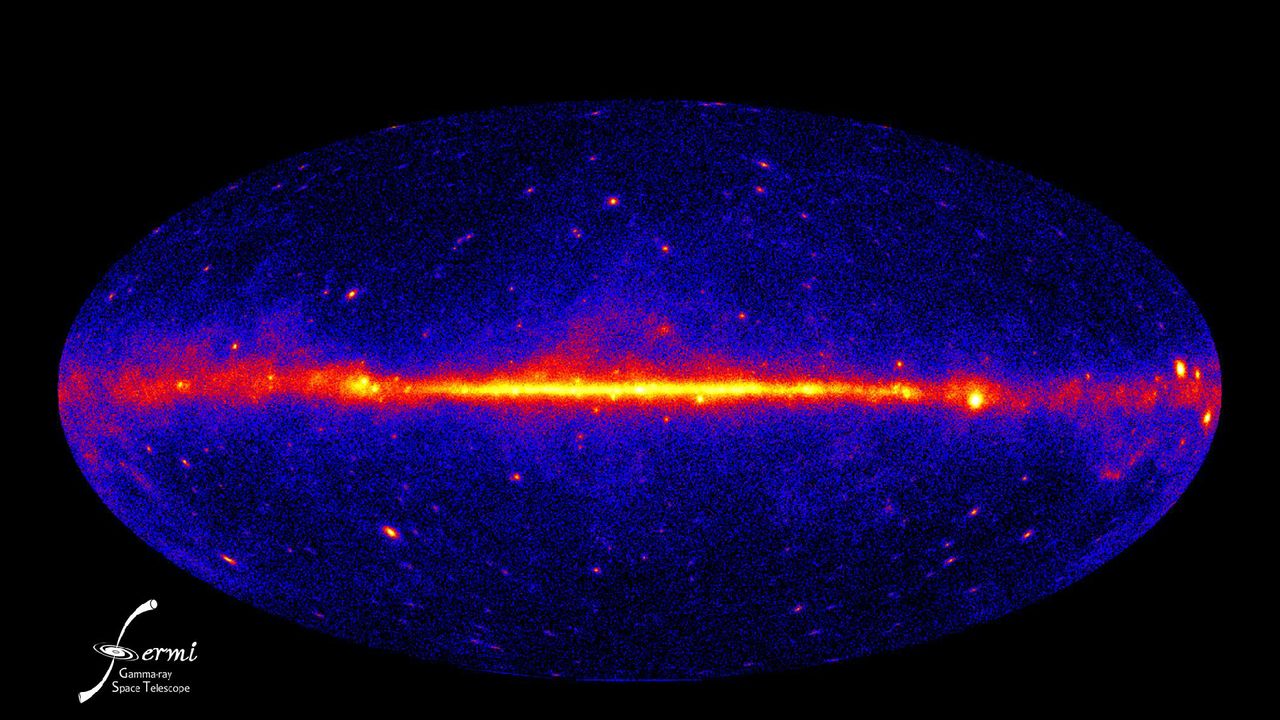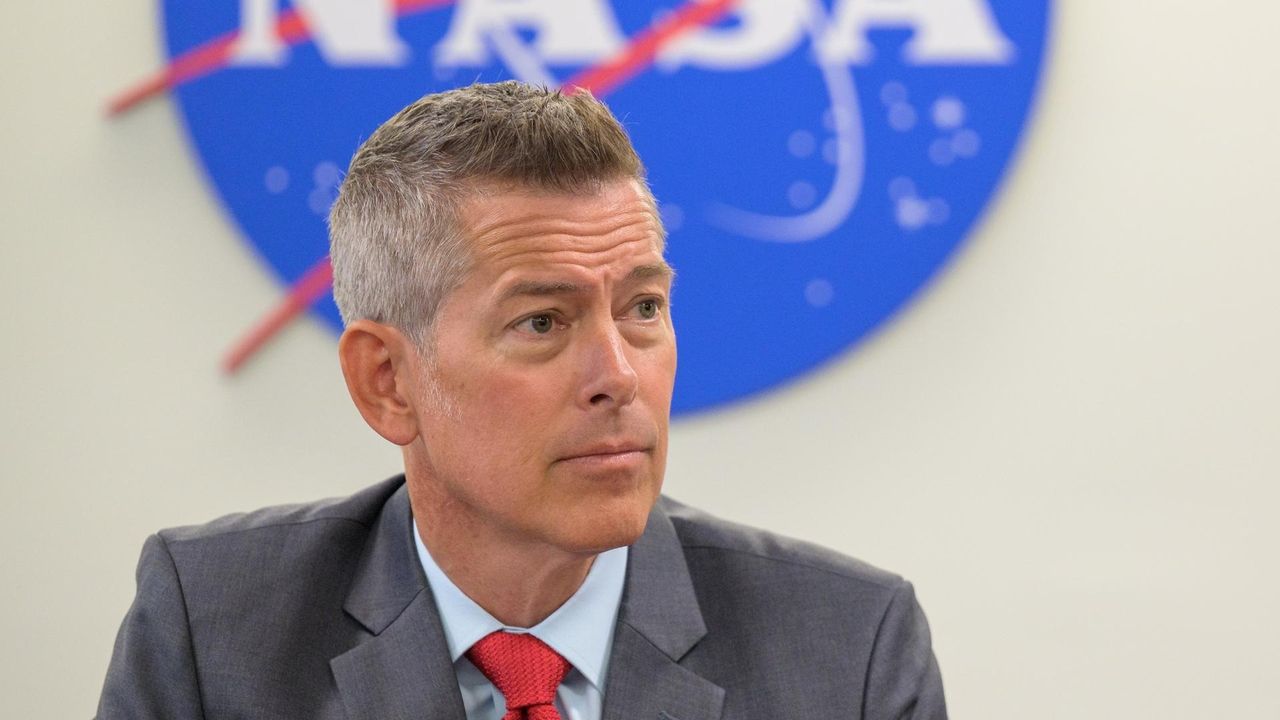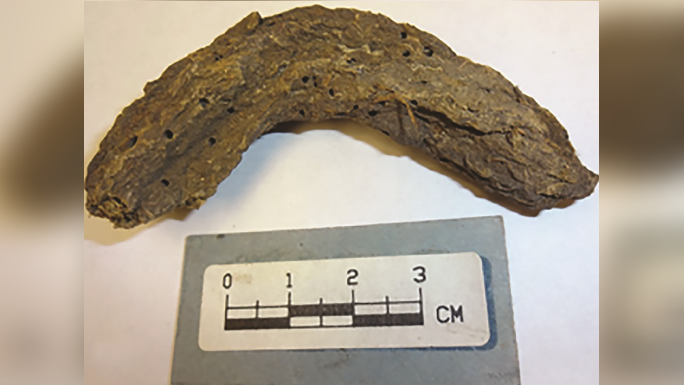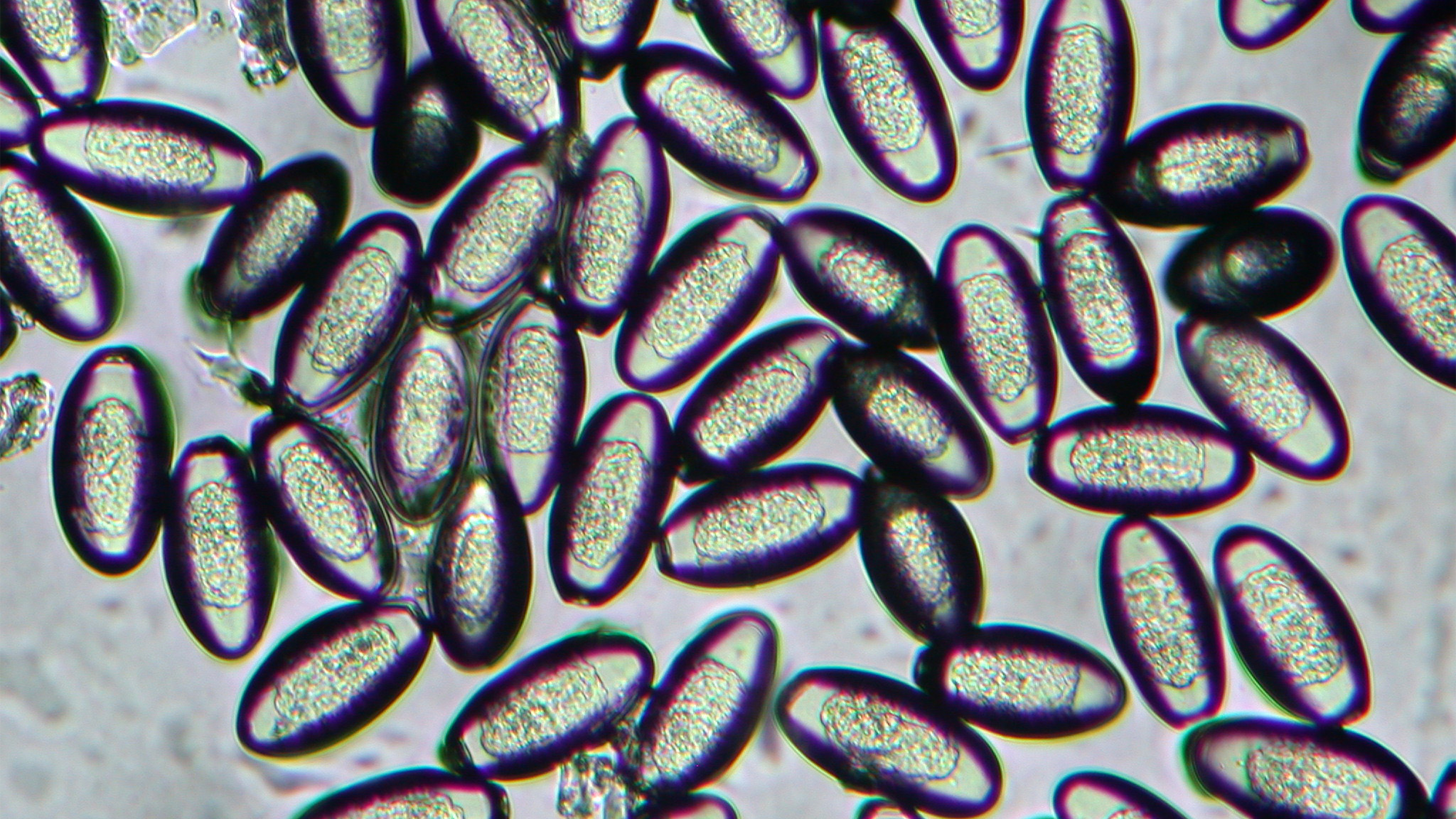A Brief and Amazing History of the Pleiades, Stars That Captivated Ancient Civilizations and Inspired Poets
PositiveScience
/https://tf-cmsv2-smithsonianmag-media.s3.amazonaws.com/filer_public/25/95/2595e701-a805-4ee9-884b-80040fdd78c2/mainphoto_resized.jpg)
The Pleiades, often referred to as the 'Seven Sisters,' have fascinated humanity for centuries, serving as a vital seasonal marker and inspiring countless poets. Their prominence in the night sky, especially around Halloween, highlights their cultural significance and connection to ancient civilizations. This celestial cluster not only captivates stargazers but also reminds us of our shared history and the stories woven into the fabric of our universe.
— Curated by the World Pulse Now AI Editorial System





